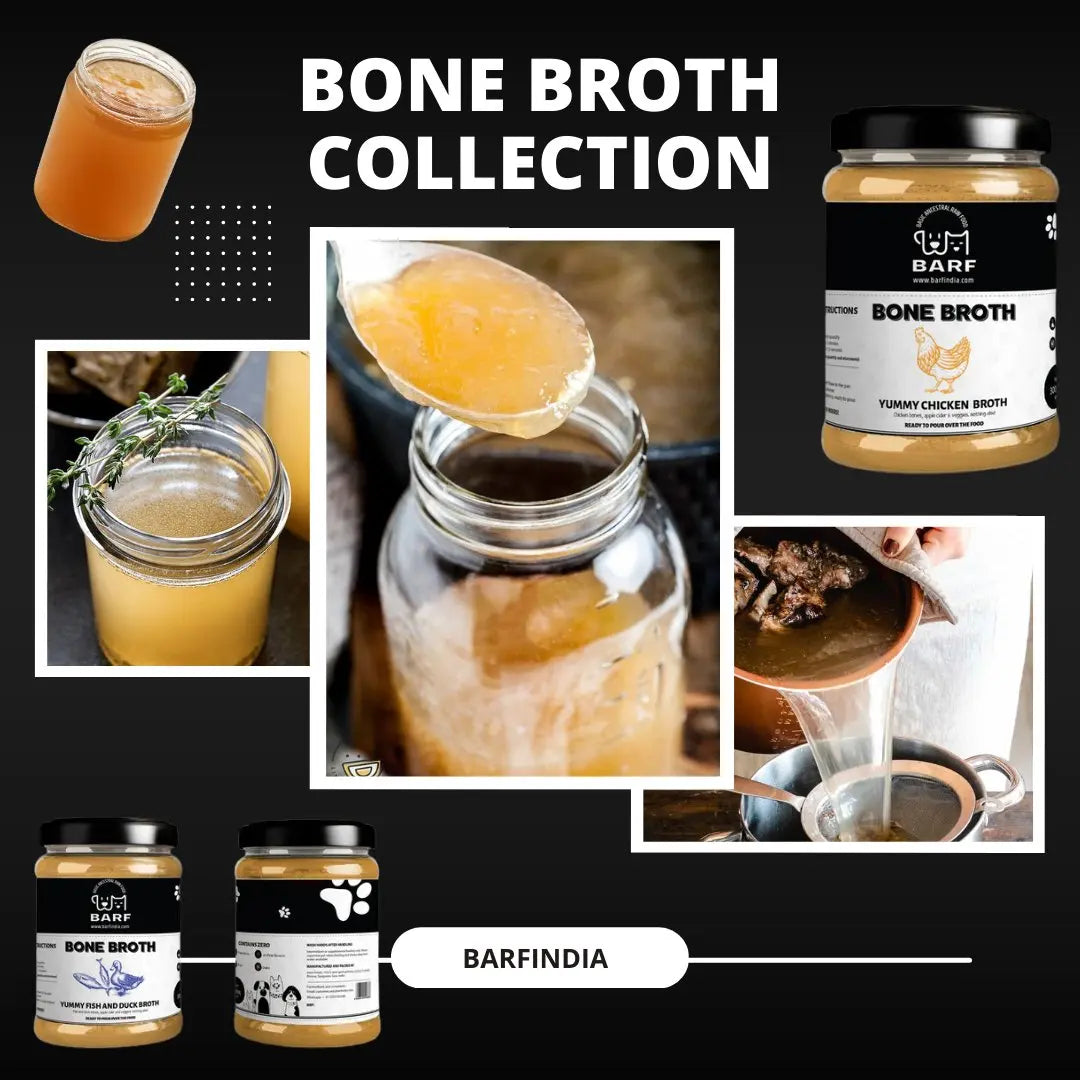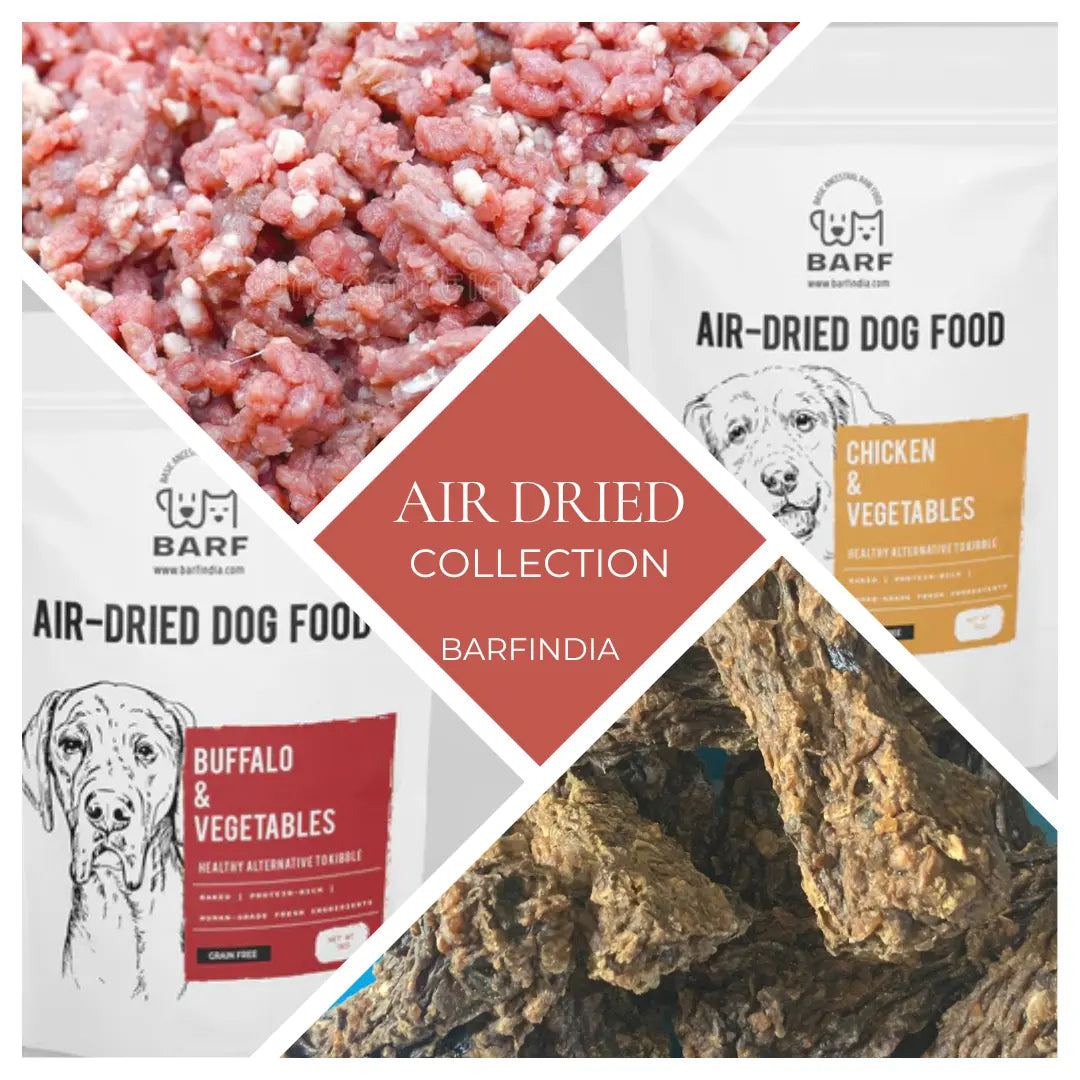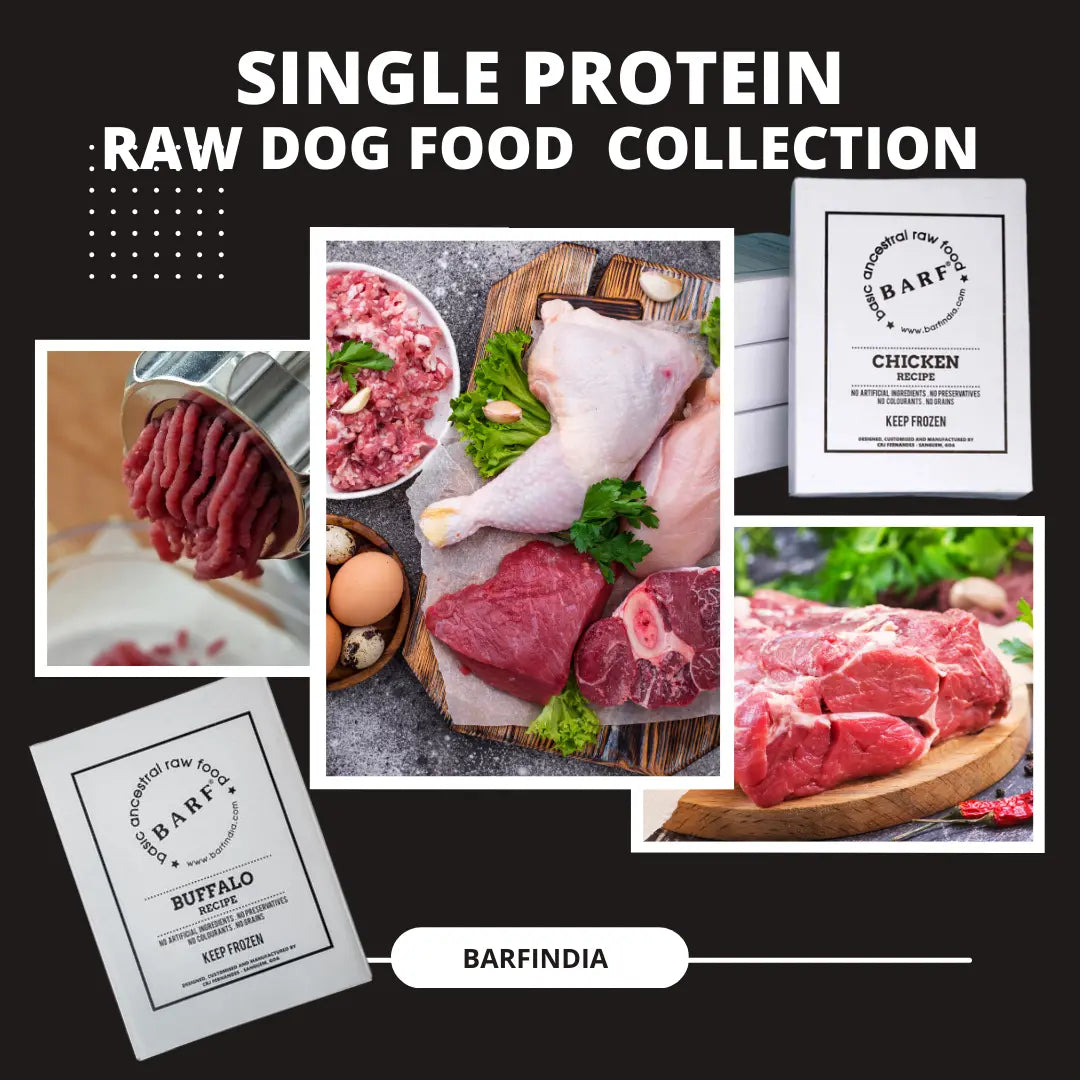
Is Cooked Food Better Than Kibble?
Nivedita FernandesIs Cooked Food Better Than Kibble? Exploring the Healthiest Choice for Your Pet
When it comes to feeding your beloved pets, one of the most debated topics among pet owners is the choice between cooked food and kibble. With growing awareness about pet nutrition, the decision isn't as simple as grabbing a bag off the shelf anymore. This blog dives deep into the question: Is cooked food better than kibble? We’ll cover nutritional value, convenience, cost, and overall health benefits to help you make the best choice for your furry friend.
Understanding Pet Nutrition: The Basics
Before we compare cooked food and kibble, it’s crucial to understand what makes a diet nutritionally balanced for pets. Dogs and cats require:
-
Proteins for muscle development and repair.
-
Fats for energy and a shiny coat.
-
Carbohydrates for quick energy (though less critical for cats).
-
Vitamins and Minerals for overall health.
-
Water for hydration and organ function.
The goal is to provide a balanced diet that meets all these needs while considering your pet’s age, breed, and health conditions.
What is Kibble?
Kibble refers to dry pet food made by combining meat, grains, and other ingredients into a dough, which is then cooked and shaped into small pellets. It is:
-
Highly processed to ensure a long shelf life.
-
Fortified with vitamins and minerals to meet nutritional standards.
-
Convenient and easy to store.
Despite its popularity, kibble has its drawbacks, which we’ll explore further.
What is Cooked Food for Pets?
Cooked food involves preparing fresh ingredients such as lean meats, vegetables, and grains at home or purchasing pre-cooked pet meals. These meals can be tailored to your pet’s specific needs. Cooked food is:
-
Minimally processed compared to kibble.
-
Often made with whole, recognizable ingredients.
-
Perceived as more natural and digestible for pets.
Nutritional Comparison: Cooked Food vs. Kibble
1. Protein Quality
-
Kibble: Protein sources in kibble often come from meat by-products and meals, which may not be as high-quality as fresh meat. Processing at high temperatures can degrade protein quality.
-
Cooked Food: Cooked meals use fresh meats, which retain more nutrients and amino acids essential for your pet’s health. The cooking process is gentler, preserving protein integrity.
Winner: Cooked Food
2. Digestibility
-
Kibble: The high carbohydrate content in kibble can be hard for some pets to digest, leading to issues like bloating and gas.
-
Cooked Food: Freshly cooked meals are easier on your pet’s digestive system, as they are free from artificial fillers and additives.
Winner: Cooked Food
3. Additives and Preservatives
-
Kibble: Often contains artificial preservatives, colors, and flavor enhancers to improve shelf life and palatability.
-
Cooked Food: Free from artificial chemicals when prepared with fresh, natural ingredients.
Winner: Cooked Food
4. Hydration
-
Kibble: Being dry, kibble provides no hydration, potentially leading to urinary issues in some pets.
-
Cooked Food: Contains natural moisture from ingredients, promoting better hydration.
Winner: Cooked Food
5. Nutrient Balance
-
Kibble: Most commercial kibble meets AAFCO (Association of American Feed Control Officials) standards, ensuring a complete and balanced diet. However, some brands may compromise on ingredient quality.
-
Cooked Food: Offers flexibility to customize meals, but requires careful planning to ensure nutritional completeness.
Winner: Tie (if cooked food is balanced correctly)
Health Benefits of Cooked Food Over Kibble
1. Improved Coat and Skin Health
Pets on a cooked diet often show improvements in coat quality and skin health, thanks to the absence of fillers and higher-quality fats.
2. Better Energy Levels
Fresh, whole ingredients provide sustained energy, making your pet more active and playful.
3. Weight Management
Cooked meals can be tailored to control calories, helping prevent obesity.
4. Reduced Allergies
Cooked food eliminates common allergens like wheat, corn, and soy, which are often found in kibble.
5. Lower Risk of Chronic Diseases
Minimally processed food reduces inflammation, lowering the risk of chronic illnesses like diabetes and arthritis.
Convenience: Which is Easier?
-
Kibble:
-
Extremely convenient.
-
Long shelf life.
-
Requires no preparation.
-
-
Cooked Food:
-
Time-consuming to prepare.
-
Requires refrigeration.
-
Pre-cooked options are available but can be costly.
-
Winner: Kibble
Cost Analysis: Cooked Food vs. Kibble
-
Kibble: Generally more affordable due to mass production.
-
Cooked Food: Higher upfront cost, especially with premium ingredients, but can be cost-effective if homemade.
Winner: Depends on Your Budget
Debunking Myths About Cooked Food
1. "Cooked Food Lacks Nutrients"
Cooking methods like steaming or boiling retain most nutrients. Adding supplements ensures a balanced diet.
2. "It’s Unsafe for Pets"
When properly prepared, cooked food is safe.
3. "It’s Too Expensive"
Homemade cooked meals can be budget-friendly and offer better value for your pet’s health.
Tips for Transitioning to Cooked Food
-
Gradual Transition: Mix cooked food with kibble over 7-10 days to avoid digestive upset.
-
Consult a Veterinarian: Ensure the cooked diet meets your pet’s nutritional needs.
-
Use Fresh Ingredients: Opt for high-quality, human-grade meats and vegetables.
-
Add Supplements: Include essential vitamins and minerals if needed.
Final Verdict: Is Cooked Food Better Than Kibble?
The answer depends on your pet’s individual needs and your lifestyle. Cooked food wins in terms of quality, digestibility, and health benefits. However, kibble offers unmatched convenience and affordability. If you can commit to preparing balanced meals, cooked food is undoubtedly a superior choice for your pet’s long-term health.
FAQs
1. Can I mix cooked food with kibble? Yes, mixing cooked food with kibble can provide variety and improve palatability.
2. Is cooked food suitable for all pets? Most pets can benefit from cooked food, but consult your veterinarian for specific dietary recommendations.
3. How do I ensure cooked food is balanced? Use recipes approved by veterinary nutritionists and consider adding supplements.
4. Does kibble cause health issues? Low-quality kibble can contribute to obesity and other health problems. Opt for premium brands if you prefer kibble.
5. How do I store cooked pet food? Refrigerate cooked food in airtight containers and use within 3-4 days.
By asking “Is cooked food better than kibble?” and exploring the nuances of each option, you’re taking a significant step toward providing the best care for your pet. Choose wisely, and your furry friend will thank you with years of health and happiness



